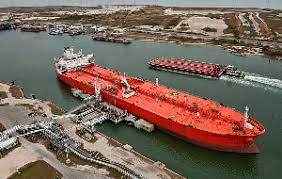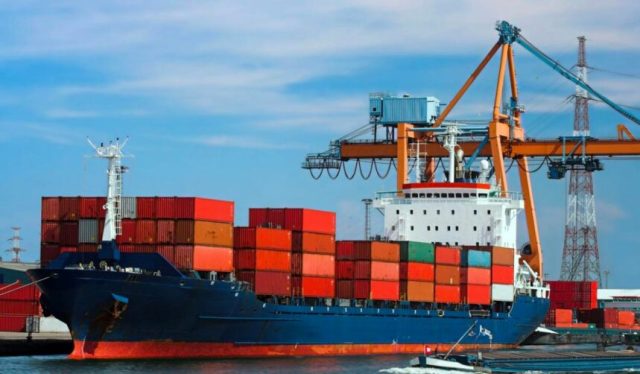Nigeria is losing an estimated $1 trillion annually due to its dependence on foreign ship owners for the import and export of goods. This is according to Greg Ogbeifun, a member of the former Presidential Committee of Fleet Expansion and CEO of Starz Marine and Engineering Ltd. Ogbeifun made the disclosure at a one-day event with the theme “Ships, Ports, and the Challenges of Infrastructure, Skills Sets and Tools.”
Ogbeifun, who was the Chairman of the occasion, said the revenue loss is growing annually, adding that the estimated loss as at 2011 was about $500 million.
He commended President Bola Tinubu for the steps taking so far such as establishment of the Marine and Blue Economy, but charged the President to go further to ensure that ships are acquired by Nigeria through the private sector to halt the revenue loss.
“If I am to just assert the guess, this country is losing close to a trillion dollars in the entire shipping sector both infrastructure, human capacity, cargo carriage,” Ogbeifun said.
He maintained that creating private platforms will help to refloat the sector and ensure its continuity.
“If we get established platforms for the policies of the new Ministry of Marine and Blue Economy, that ministry can get ahead of others and that is what has called me out back into active Maritime activities,” Ogbeifun said.
“These are the areas the government must come in and address and there will be proliferation of different fleets and carrying different cargoes,” he added.
Ogbeifun’s call for the government to support the Nigerian maritime sector is echoed by many other industry experts. They argue that investing in the sector would create jobs, boost economic growth, and reduce Nigeria’s dependence on foreign ship owners.

The Nigerian government has taken some steps to support the maritime sector in recent years, such as establishing the Ministry of Marine and Blue Economy. However, more needs to be done to attract private investment and develop the sector’s infrastructure.
If Nigeria is to reduce its dependence on foreign ship owners and capitalize on the full potential of its maritime sector, it needs to take a more proactive approach. The government should work with the private sector to develop a comprehensive plan for the sector, and it should provide the necessary incentives to attract investment.





















